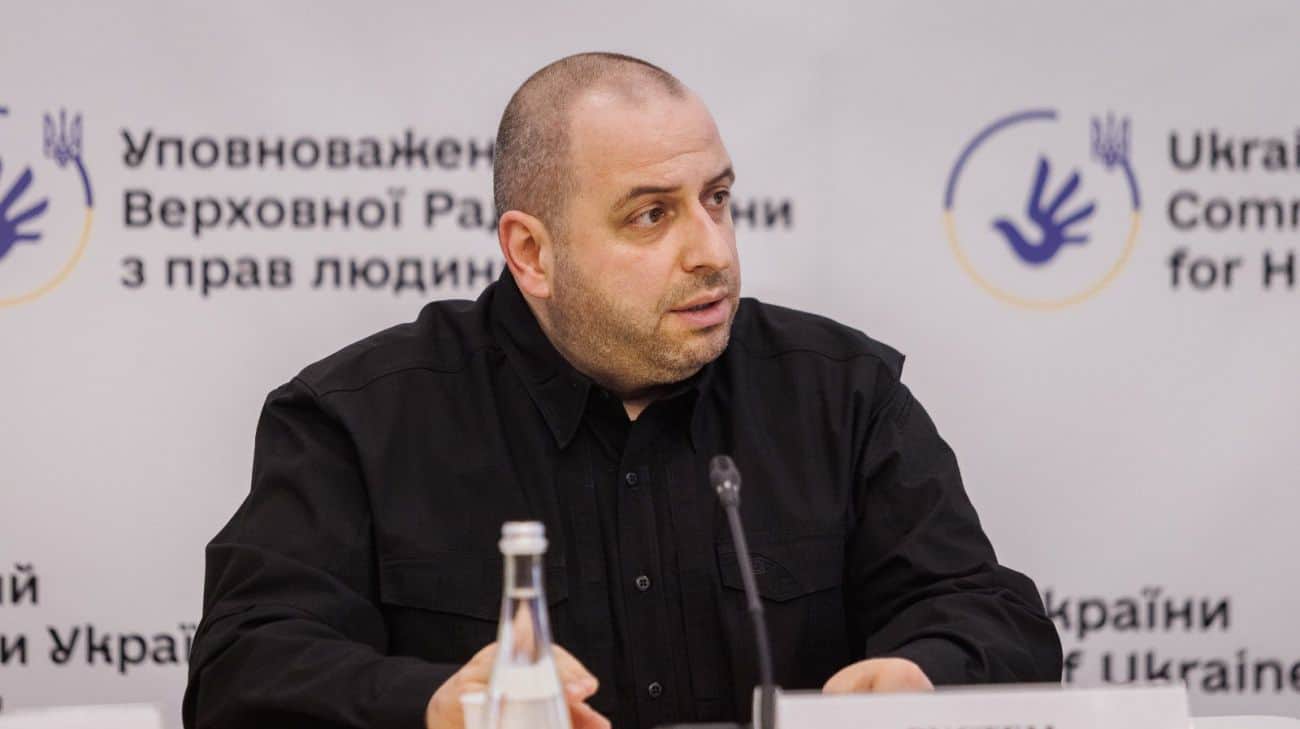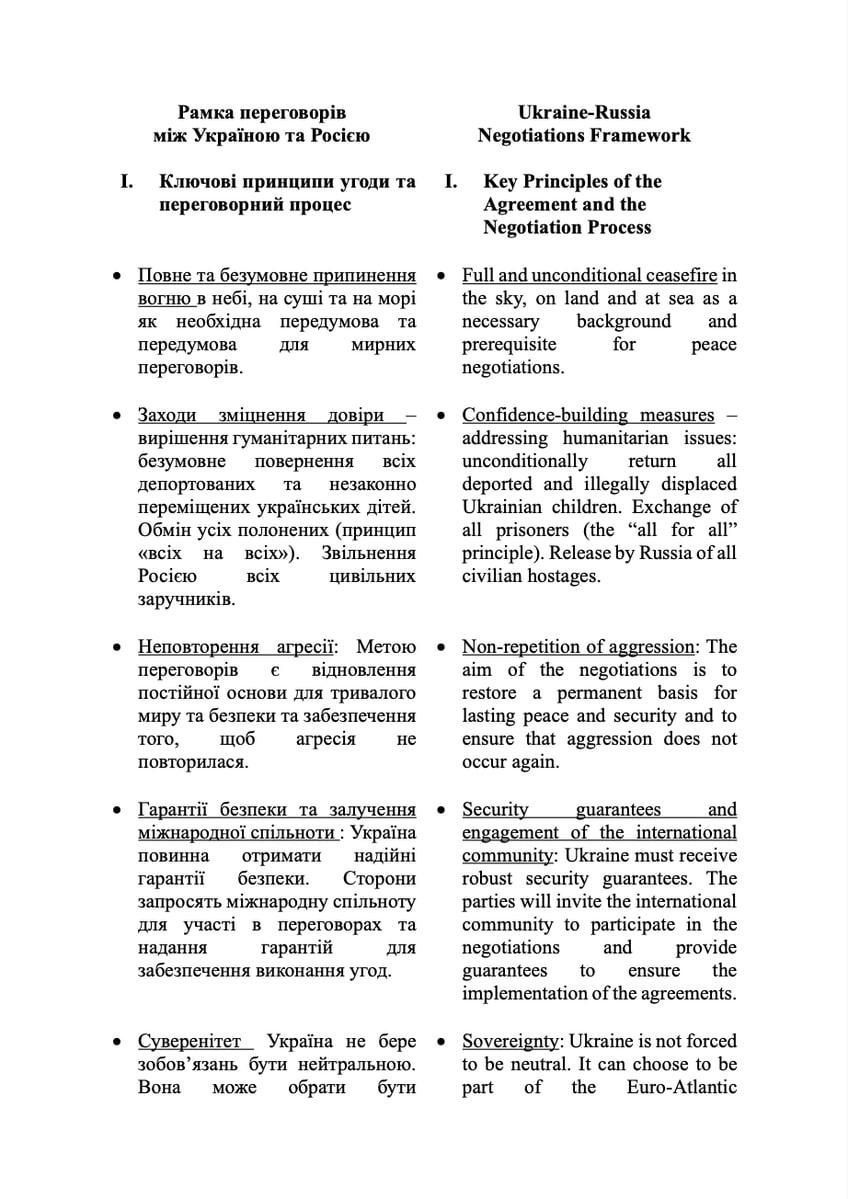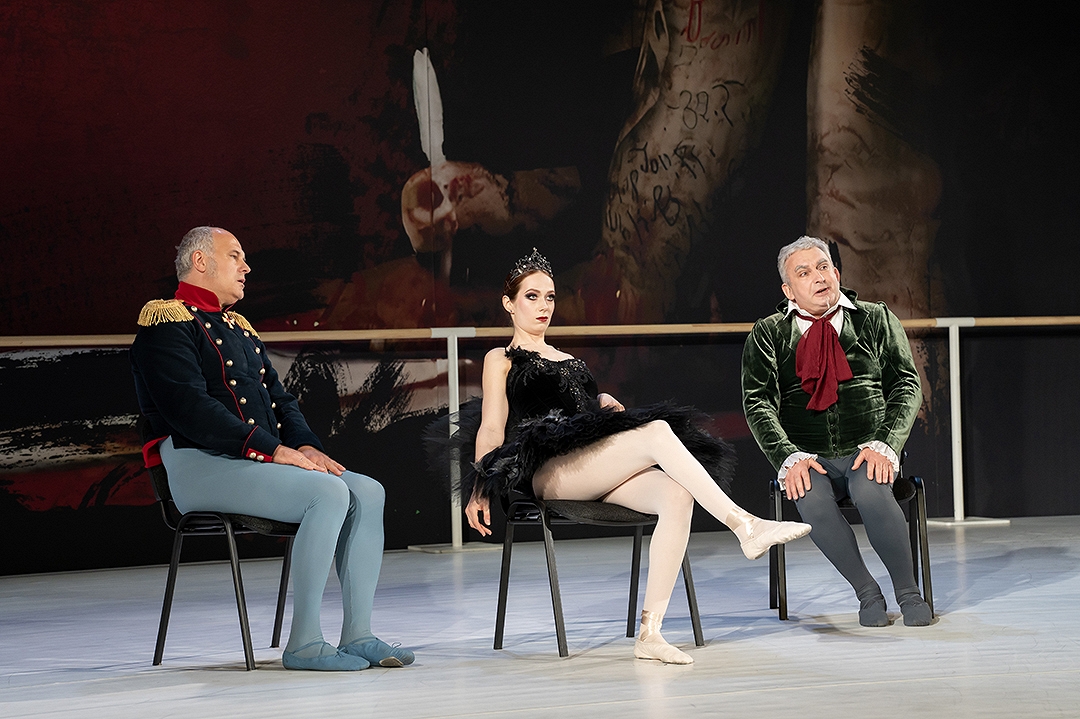Bekim Fehmiu, great of great cinematographic roles, actor who witnessed the world rich Albanian spirit

By Albert Vataj
In the panorama of world art, it is rare for a name from a small country to climb the pinnacle of international cinematography and to maintain national dignity, identity and pride as Bekim Fehmiu did. Born on June 1, 1936 in Sarajevo and tragically separated from June 15, 2010 in Belgrade, he remains the emblem of the Albanian actor on the international stage. A life that was written with passion, challenge and dignity, a career that marked the history of the European film, a soul that did not cease to bear the name « Albanian » with pride and fearless, even in the most severe times for identity and freedom.
Bekim Fehmiu came from a well -known Albanian family from Gjakova, with deep patriotic roots. His father, Ibrahim Fehmiu, was one of the first teachers of the Albanian language in Kosovo and a prominent national education activist. This spiritual and moral heritage would become the inseparable foundation of the profile of Blessing as a man and as an artist. In every role he interpreted, in every word he said publicly, the voice of an Albanian who never denied his origin was deeply beaten – even raised him to the pedestal of art. « Where my foot violates, there is Albania, » was one of his most popular expressions, a poetic definition of a belonging that did not require a document or explanation.
Although he did not have the opportunity to interpret any Albanian work, he always remained the ambassador of the Albanian spirit in world cinema. With a rich career that led him from the Belgrade theater to Hollywood, Fehmiu became a symbol of worthy representation of Albanians in the international arena. The film « Collectors of the feathers » (« Skupljači Perja », 1966), which made it famous throughout Europe, was the gateway to a series of great roles that would follow in cinema and world theater.
He performed in a series of international filmmakers and production, sharing the scene with big names like John Huston, Olivia de Havilland, Ava Gardner, Robert Shaw, Dirk Bogarde, Charles Aznavour, Irene Papas, Claudia Cardinale. He spoke and interpreted in many languages - Albanian, Serbian, Macedonian, Turkish, Roma, Spanish, English, French and Italian – proving a rare artistic and cultural resilience. In the films « Odyssey », « Adventurer », « Street », « Disperor », « Red and Black », « Partisan Eskadrons », he carved complex figures with a spiritual depth that made him immortal.
The dimensions of Bekim Fehmiu are not limited to interpretation. He was a powerful critical voice to injustice, and since 1987 he took a tremendous moral stance: he abandoned the Yugoslav scene demonstratively during the « Madame Colontine » show to protest anti -Albanian propaganda. This act was an artistic resignation, but a tremendous rise in the realm of human and national dignity.
In 1972 he visited Albania, an event that kept his heart in his heart, while the longing for the homeland was a prush that never extinguished inside it. Although he lived and worked in a complex and often hostile political system against the Albanians, Blessing always remained unintelligible at its core, an uncompromising figure, a living myth for many.
He was married to actress Branka Petrić and had two sons, among whom Ulysses continued the artistic path in the US. At the entrance of the book with memories of Bekim Fehmiu, Blistavo i Strašno (« Excellent and terrible »), Ulysses writes about the abandonment of the theater by his father as an act of protesting ethnic hatred and an confrontation with national conscience. His book begins with a meaningful selection of Carlo Goldon’s verses for Illyrian land:
“On the Illyrian land I was born, I do not deny it,
In my dejets my famous blood is circulating,
The blood of the prominent heroes, the place of eternal glory,
Where the word given is more important than life … ”
Bekim Fehmiu remains a monumental figure not only for Albanian art, but for the national conscience he embodied. An actor who became a symbol, a symbol that turned into myth, and a myth that continues to inspire generations with the strength of art and its courage. He is the « Odyssey » who found Ithaca, but died heartily for Kosovo. His silence was not surrender, but a revolt. It was not an escape, but a message. And today, more than ever, Bekim reminds us that art is not just a show – it is an attitude.





